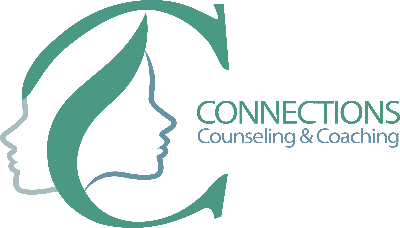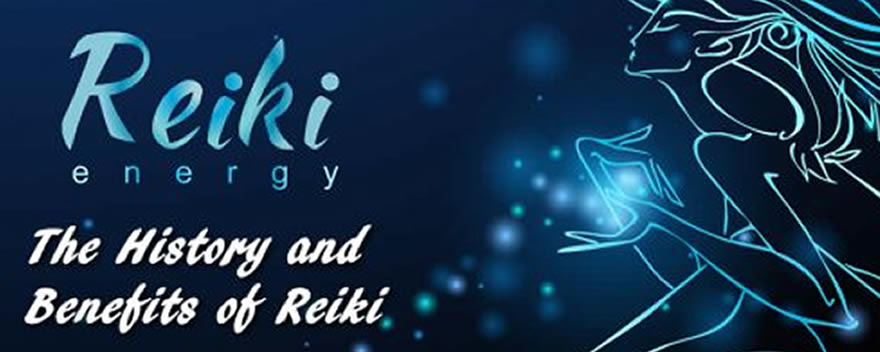Let me re-introduce you to your best self! Do you feel rushed? Stressed? Pulled in too many directions? Has life gotten . . . complicated?
Reiki can help bring relief and balance to your life. Learning to perform Reiki as a Certified Reiki Practitioner allows you to provide this relief to yourself and your loved ones. Click here to find out more. We look forward to hearing from you!
Contact us for Details.
The History and Benefits of Reiki
The term Reiki comes from a combination of two Japanese words—Rei and Ki. The Japanese language incorporates different levels of meaning, so direct translation is difficult. A simple translation of the words is that “Rei” means miracle or spiritual guidance, and “Ki” means Universal Life Energy. Combined, they translate to miraculous, or spiritually guided Universal Life Energy.
Since ancient times, eastern cultures have tapped into Universal Life Energy. Some methods developed to enhance the flow of energy are Tai Chi, Meditation, Acupuncture, and Reiki. The purpose of a Reiki treatment is to restore balance to a person whose energy has become unbalanced. Because Reiki energy is pure and omniscient, there is no such thing as bad Reiki energy.
History of Reiki
In ancient times, the knowledge of Universal Life Energy was passed from teacher to student through oral teaching. Over time, the original knowledge of healing with Universal Life Energy was lost, and many believe that it was rediscovered by Dr. Mikao Usui over a century ago. It was Dr. Usui that gave this life force energy the name Reiki.
Dr. Usui was born in 1865 in the city of Kyoto in Japan. As a child he studied in a Tendai Buddhist monastery school, and over time he studied medicine, psychology, fortune telling and world religions. During his life Dr. Usui worked in many different professions, including as an industrialist, reporter, missionary, and as a private secretary to an important Politian named Shimpei Goto.
At some point, Dr. Usui became a Tendai Buddhist Monk, and occasionally observed a form of meditation that lasted 21 days. One time his meditation took place on Mount Kurama—this was where he was given the inspiration for what would become Reiki. In April of 1922 he opened his first school/clinic in Harajuku, Tokyo. This was a time of cultural change in Japan, and Dr. Usui became well-known and highly respected among the older population, who saw his teachings as a return to the old ways.
On September 1, 1923, a 7.9 earthquake hit the area, with the epicenter 50 miles from Tokyo. More than 140,000 people died, most from the resulting fires. The earthquake was the worst natural disaster in Japan’s history. Dr. Usui and his students provided Reiki healing in the area, and interest in Reiki expanded greatly. Emperor Tenno ultimately honored Usui with a doctorate.
Over time, Dr. Usui appointed a few Grand Masters, including Madam Takata, who took his teachings to the United States. Dr. Usui passed away in 1926 at the age of 62. He is buried in the Saihoji Temple in Tokyo. There is a large memorial next to his grave that describes his life and work—this is where we get much of our information about Dr. Usui.
As Reiki training has spread across time and across cultures, natural variations have occurred in the teachings. There are now several Reiki associations which endorse different methods of teaching Reiki. In truth, there is only one Reiki, which belong to everyone. Together, we can use it to bring great healing in the world.
Possible Benefits of Reiki
Who would benefit from receiving Reiki? Everyone! Reiki can bring about relaxation, destroy energy blockages, balance the chakras, and increase the vibrational frequency of the body. Benefits may include:
– Stress reduction
– Reduction of trauma or depression
– Improved immune functioning
– A sense of rejuvenation
– Improved relationships
– A balanced life, better life and a sense of peace
What Happens in a Reiki Session?
While Reiki can be performed anywhere, it is usually performed in either a private practice office or a healthcare facility. In private practice, the practitioners will have prepared a relaxing space for you, with soft music or a waterfall, soft lighting, and perhaps some aromatherapy. Recipient are most often laying on a massage table, but may sit in a chair. Recipients remain fully clothed, and if on a table will often be covered with a sheet or blanket. Your head will be on a pillow, and you may be given an eye pillow or offered a bolster for your knees.
Once the Reiki begins, practitioners hold their hands in a variety of locations either directly on or over your body. Treatment often begins at the head and ends at the feet, but practitioners listen to messages from their bodies and the bodies of the recipient to customize the treatment. Depending on the preferences of both the practitioners and the recipients, other treatment modalities may be combined with Reiki. This may include aromatherapy, crystals, sound, color, aura reading/cleansing, calling in spirit guides, and so on.
A typical Reiki session will last approximately 1 hour. After the session, you may feel very relaxed or even light-headed. Your practitioner will encourage you to have a drink of water, and to spend a little time before driving to get back into your body. You may have experienced daydreams/dreams/memories/bodily sensations during your Reiki session. Your practitioner may offer you an opportunity to process any feelings or images that came to you during the session, and may refer you to a medical professional or therapist if it seems indicated.
Other ways of receiving Reiki may be a rapid Reiki session, a group healing session, or a distance session. Reiki may be used to clear energy from a home or office, and can be used to treat plants and animals.
What Reiki Is Not
Reiki is not a replacement for traditional medical treatment. If you have any health concerns at all, please consult with a trusted medical professional. Reiki is also not psychological counseling. While it can create a state of deep relaxation, and may aid in relieving trauma and depression, your practitioner is most likely not a mental health provider. If you believe that you are a danger to yourself of others, or if you are experiencing deep psychological distress, please consult with a mental health professional.
So Is Reiki Right for You?
Only you have the answer to this question. Reiki has become quite popular. If you ask around, you may find that you know someone who has received a Reiki treatment. Do some online research. If you want to give it a try, be sure to work with a certified Reiki Healer. Be ready to relax, rebalance, and rejuvenate.

